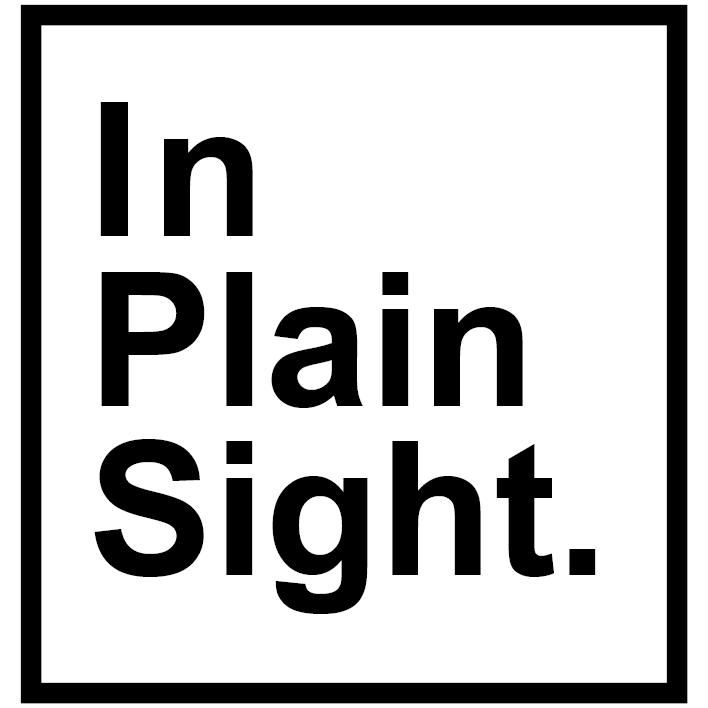
In plain sight is the theme of the Archive of Design and Architecture’s public lecture series. The series grapples with the scant history of black architects documented in the industry. History has taught humanity that it is by enabling diversity, inclusivity, and cross-disciplinary approaches that a sustainable and thriving creative culture and economy may be established. This holds true in both architecture schools and in practices. Why have we not heard of you or the work you have done? How did you design and build in a time that made it difficult for you to do so? What did you design? How has that impacted the way in which you design? Join our online lecture series in collaboration with the Pretoria Institute of architects (pia) as we rediscover the architects that have been hiding in plain sight.
Intentional and visible, ‘in plain sight’ tasks us to rediscover the lives and work of black architects who have been left out in repositories in the continent. The lack of knowledge available on black designers has made us question the role of the archive in perpetuating exclusivity and paucity within the industry. This series explores themes around rewriting and reflecting on the rich history black designers in our continent.
The archive of design and architecture(ada) will host a series of lectures; each will welcome a prolific black designer to be in dialogue about their work and life. Providing a place for discourse, exploration and community, we hope to create a platform that creates access to the designer’s work.
The ada public lecture series will serve as an open source for the public as a research platform for art, design and architecture school’s theory, history and professional practice programs. We aim to broaden the audience’s intellectual and contextual understanding of local architectural work, applied design theory, and gain professional practice ‘mental tools’. The shared and acquired knowledge from the lecture can be a design resource, particularly; concerning how architectural professionals can navigate the challenges they face in their respective practices and academic institutions.

